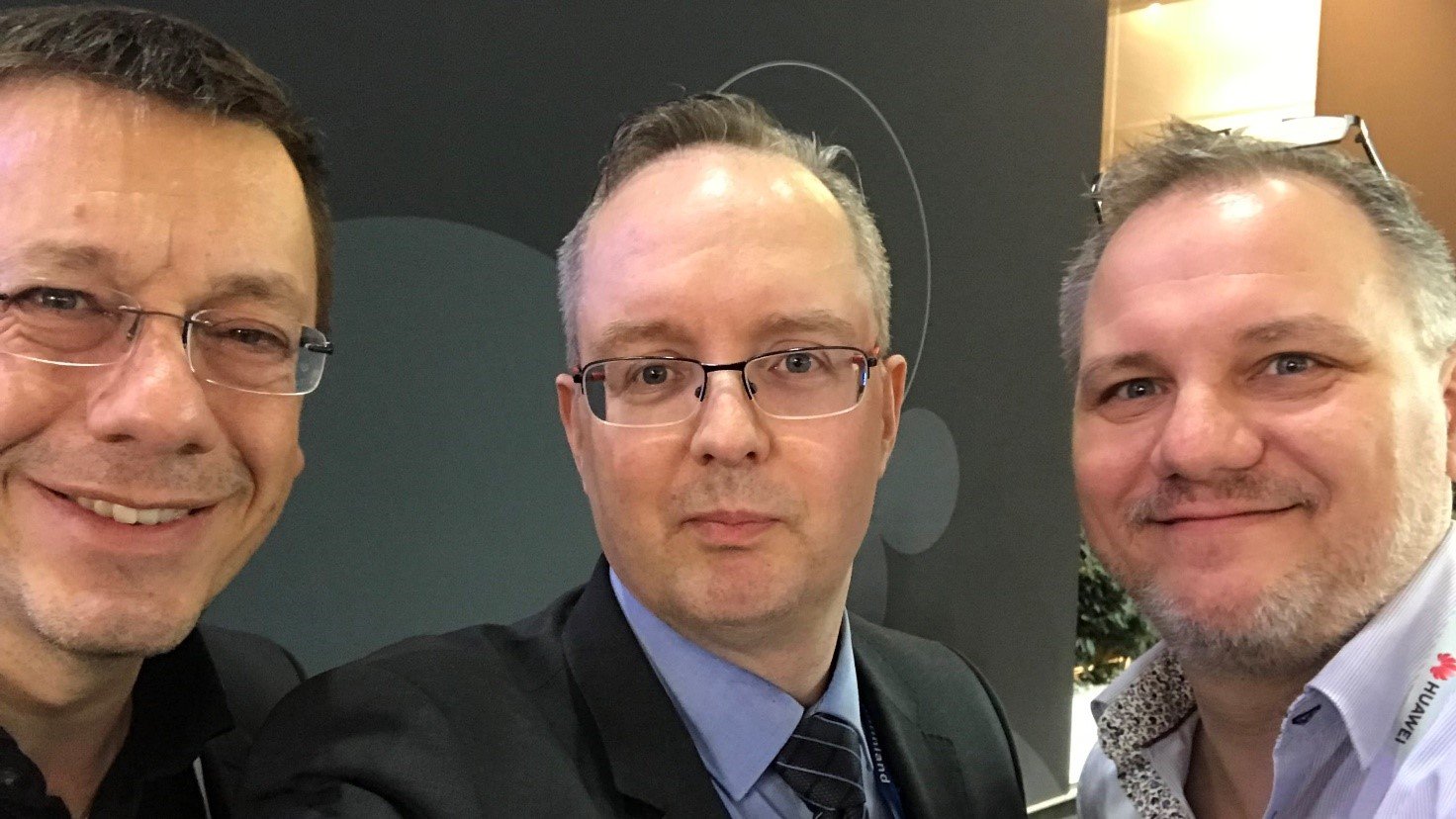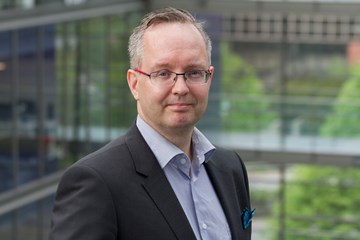Do not avoid coordinating an EU project if you want to make an impact
For some reason, taking on the coordination responsibility of EU projects, especially the larger ones, has been avoided, and Finnish entities have preferred to participate as regular members. It's true that with project coordination comes the primary responsibility for preparation, running day-to-day operations, achieving goals, and ensuring promised deliverables are completed. All of this is often perceived as an additional administrative burden or liability, offering little benefit to the coordinating party.
I would dare to claim otherwise based on my own coordinator experience. In the early stages of the sixth framework program, the telecommunications sector worked on 4G pre-standardization through five integrated projects, over 100 partners, and a cluster worth over 100 million euros named the Wireless World Initiative (WINNER, Ambient Networks, E2R, SPICE and MobiLife), all of which received EU funding between 2003 and 2008. Additionally, the project cluster was coordinated through MOCCA and eMobility projects (later 5G-PPP). I personally coordinated the Nokia-led MobiLife application project with 21 partners from nine different countries.
A coordinator can, through proactive efforts, steer the ship in a direction that makes sense and, in return for the necessary extra work, achieve an impact that cannot be bought with money.
The preparation and coordination of the MobiLife project were not the easiest tasks: we had to secure funding from two different framework program calls, there were more than one hundred deliverables during the project, and coordinating preparation and project operation with other cluster projects required a significant amount of extra work. However, being a coordinator in EU projects can yield significantly more benefits than being a regular member, based on my experience. In preparation and project operation, a coordinator can, through proactive efforts, steer the ship in a direction that makes sense and, in return for the necessary extra work, achieve an impact that cannot be bought with money. Furthermore, through coordination work, strong collaboration and friendship ties can be established with many stakeholders, providing benefits and joy in both business and personal contexts.
I recommend taking on the coordination challenge if you want to make an impact. It requires more than typical project participation, but the benefits of a strategically prepared and goal-driven project are correspondingly much greater.

Even though 20 years have passed since the initiation of the MobiLife project, I remain in contact with many project partners' colleagues at least annually – an example being the encounter captured in the image at the 2019 Mobile World Congress in Barcelona with Stephan Steglich (left) and Stefan Arbanowski (right) from the German Fraunhofer Fokus. (Fraunhofer Fokus was responsible for the architectural work package in MobiLife).
Photo: Mika Klemettinen
